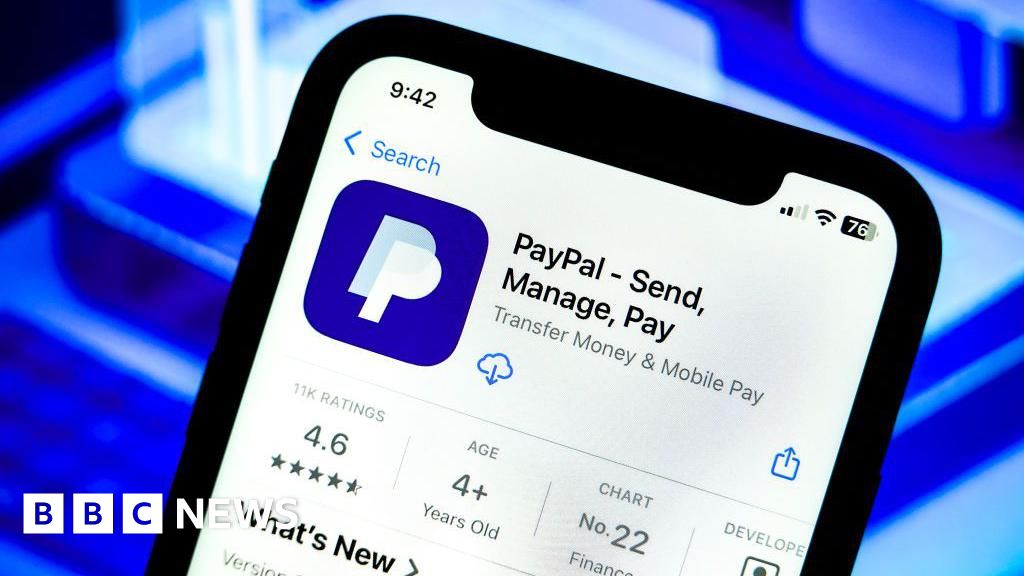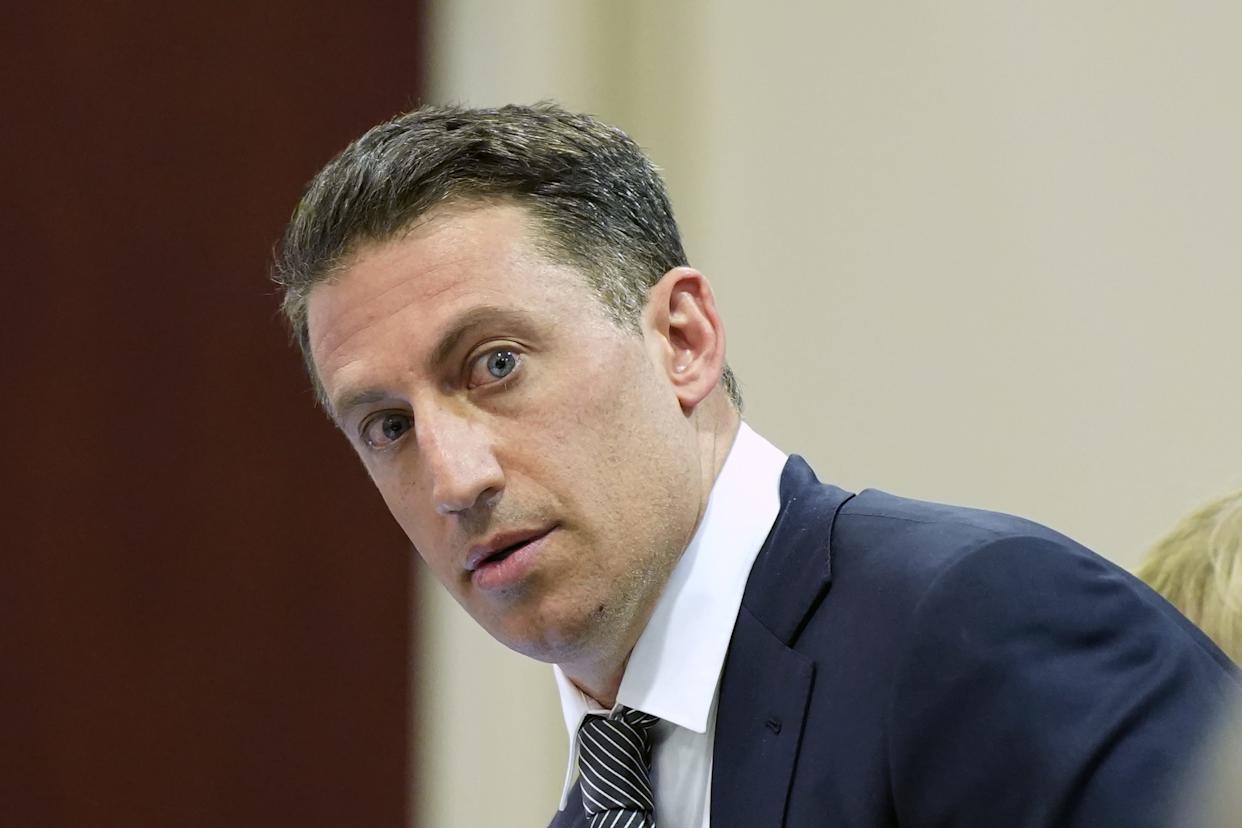European banks have seen widespread unauthorised direct debits from PayPal accounts, the German Savings Banks Association (DSGV) says.
The German newspaper Sueddeutsche Zeitung (SZ) reports that payments worth around 10 billion euros (£8.6bn) had to be blocked, following the failure of PayPal's fraud-checking system.
Payments were paused on Monday when lenders reported millions of suspicious direct debits from the payment firm.
The DSGV has confirmed to the BBC that there have been incidents involving unauthorized direct debits initiated by PayPal against various credit institutions.
The BBC has reached out to PayPal for comment.
PayPal responded to Reuters, saying that “certain transactions from our banking partners and potentially their customers” had been affected due to a temporary service interruption.
We quickly identified the cause and are working closely with our banking partners to ensure that all accounts have been updated, the PayPal spokesperson stated.
The DSGV indicated that PayPal had acknowledged the disruptions and assured them that the problem had been resolved.
Payments to and from PayPal are reportedly running normally again, with the DSGV highlighting the significant impact these incidents had on transactions across Europe, particularly in Germany.
PayPal aims to filter out scams before they can reach banks through its security system, particularly targeting fake direct debits that criminals can set up by tricking individuals into revealing their details.
On Monday, however, PayPal's filter system malfunctioned, leading to unchecked direct debits being sent to banks alongside legitimate transactions.
Subsequent reports indicate that shares in PayPal dropped by 1.9% following these events.





















